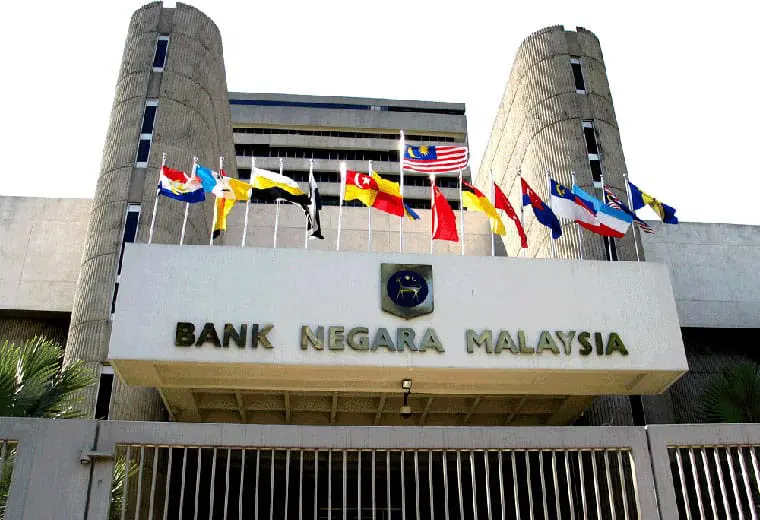
Alex Cheong Pui Yin
16th August 2021 - 3 min read

Bank Negara Malaysia (BNM) has cautioned that waiving the accrued interest payment on all individual and business loans during the ongoing six-month moratorium will have significant long-term consequences for banks. This is especially as interest income makes up 80% of banks’ revenue.
According to the governor of BNM, Datuk Nor Shamsiah Mohd Yunus, the total individual and small and medium enterprises (SME) loans that are eligible for automatic opt-in moratorium amounts to approximately RM1.4 trillion – which is equivalent to 73% of the total bank system’s loans. She further said that if the banks were to waive accrued interest on these loans, serious implications will arise given their critical role in the economy.
“First, banks will pull back on lending to conserve their buffers, especially with higher credit losses still expected to emerge. Secondly, banks’ owned credit ratings may be downgraded to reflect weaker future earnings capacity and this will make it more expensive for banks to raise capital funding, and the higher costs will be passed on to borrowers,” explained Datuk Shamsiah during an online conference.
Consequently, confidence in banks will be affected, which could then trigger liquidity stress, causing depositors to have concerns for the safety of their deposits. Additionally, this will also jeopardise depositors’ interests when earnings of banks are adversely affected.

Moreover, waiving the accrued interest payment will cause banks to face difficulties in paying dividends to their retail investors and institutional funds that hold public savings. These include the Employees Provident Fund (EPF), Kumpulan Wang Persaraan (Diperbadankan) (KWAP), Permodalan Nasional Berhad (PNB), Armed Forces Fund Board (LTAT), and Tabung Haji.
“This will result in lower returns to depositors and retirement savings. So when you take all these together, this would significantly hurt the economic recovery and have longer term implications for the economy and financial system. It is very critical for banks to remain sound as this is what will enable them to provide the extensive repayment assistance that borrowers need at this time, and to our knowledge, the repayment assistance offered by Malaysian banks have been the most extensive compared to any country in terms of scale and scope,” Datuk Shamsiah further highlighted.
The governor also stressed that the central bank and banks are striving to do their part in assisting the people in surviving these difficult times. For instance, BNM said it is ensuring that Malaysia’s monetary policy will remain accommodative, with future policy stances to be guided by new information. Furthermore, the central bank will take into account the overall outlook of inflations and domestic growth, and implement appropriate policies.

Meanwhile, banks have already agreed to waive late charges and compound interest on applicants’ loans during the moratorium. They will also continue to assist borrowers who are in need, allowing this group of customers to choose the aids that are best suited for their situations. Specifically, borrowers will need to speak to their respective bank to discuss possible continuation of repayment assistance in the future, and can also approach BNM’s Credit Counselling and Debt Management Agency (AKPK) for alternative financial plans.
The ongoing six-month loan moratorium – which was introduced under the PEMULIH economic package – is the second of such aids to be provided to the Malaysian public. The first blanket moratorium took place between April to September 2020, after which it was followed by several targeted repayment assistances. The current moratorium will allow eligible borrowers to defer their loan payments until 2022.
(Sources: The Star, Malay Mail)

Previously covered recruitment-related stories and had a short stint as a copywriter for the property industry. She subsequently developed an interest in investment and robo-advisors.





Comments (1)
Why not allow banks to charge interest lost to corporate tax for IRB? None of the countries are making such a move, I think the government is losing focus in resolving Covid-19.